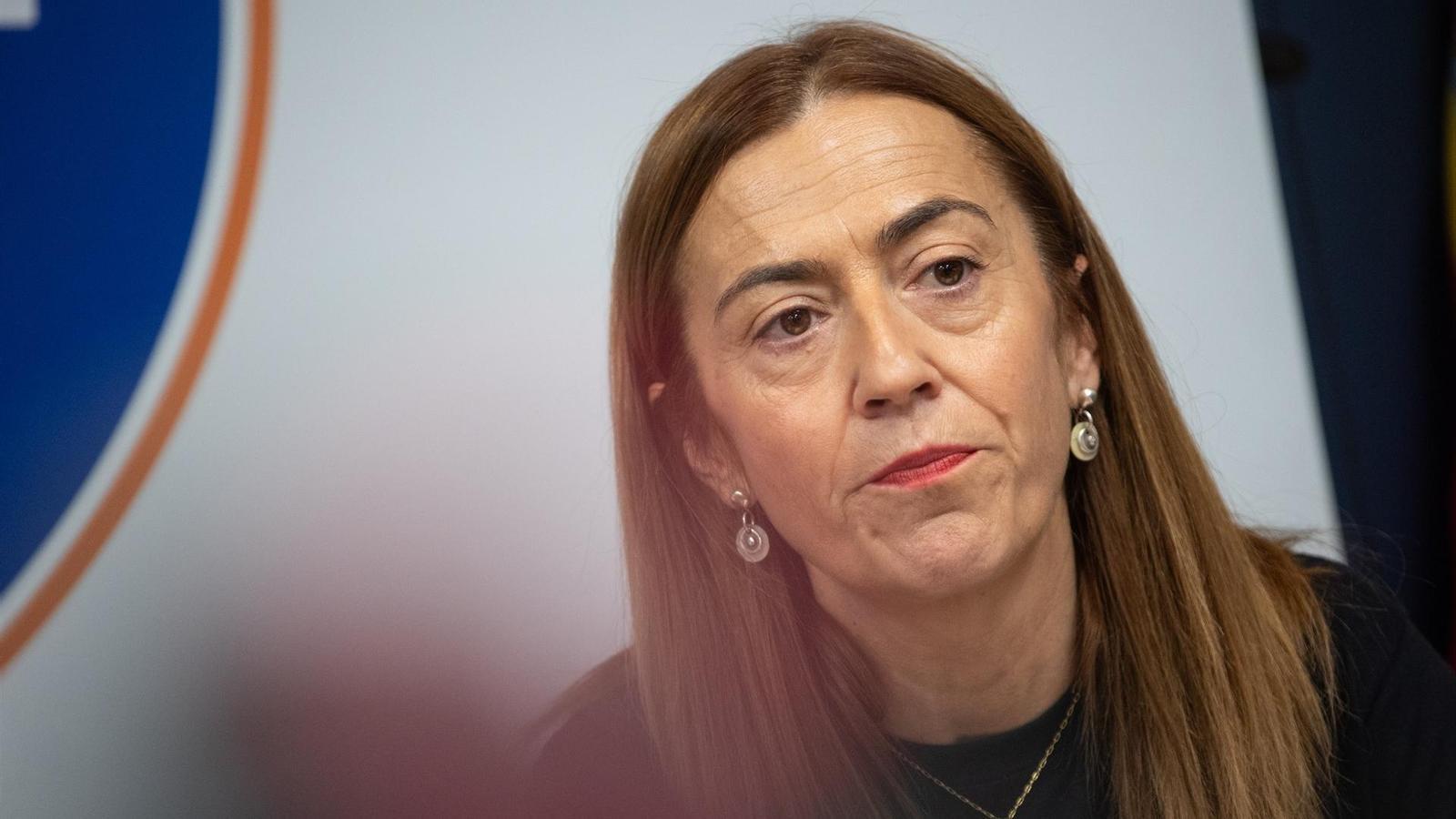Fires shake up Spanish politics: who are the most prominent leaders?
The People's Party (PP) calls the state director of Civil Protection an "arsonist," and the Socialist Workers' Party (PSOE) demands the resignation of the president of Castile and León, Alfonso Fernández Mañueco.

BarcelonaThe fires that have been burning for days in several parts of the Peninsula are triggering a new political battle in Spain between the PSOE and the PP, as already occurred with the DANA (National Civil Protection Act). Autonomous communities governed by the Popular Party (PP) denounce that the Spanish government "is not up to the task," that it has arrived "late," and that it has acted "disloyally," while the state executive affirms that the Military Emergency Unit (UME) has been working "from day one" with the "necessary" means. However, this Thursday the crossfire escalated following attacks by the PP's deputy secretary for regional coordination, Elías Bendodo, against the state director of Civil Protection, Virginia Barcones. "She's just another arsonist. She's dedicated herself to insulting the regional governments. It's impossible to solve the problems like this," he said.
The aforementioned woman responded in a stupefied press conference and asked "those who contribute nothing to step aside." "I find it so strong, so irresponsible, and so unethical... How far does political criticism go? What good is it to try to discredit a person? I would ask that they stop insulting me," Barcones said. PSOE sources demanded an immediate rectification and accused Alberto Núñez Feijóo of being "the dirtiest politician in the country." "And his team is no less so," they added. The controversy with the director of Civil Protection began this Wednesday, when she criticized some regional officials for not having "anticipated" their management, as she maintains the Ministry of the Interior did, and for demanding "impossible" measures when the situation was already critical. "Moving bulldozers isn't done in ten minutes," she said, adding that she will not tolerate "anyone trying to rewrite the history of the management that has been carried out."
The People's Party (PP), which has jurisdiction over the environment and forest management in all the autonomous communities it governs, sees how the catastrophe of the fires could backfire, as happened with the DANA. The weaknesses in prevention and extinguishing by the regional governments have been revealed, and the conservatives have opted for the same strategy as in the Valencian Community: denouncing the Spanish government's "passive" attitude, lack of collaboration, and "institutional disloyalty." "It's been the same as 'If they want help, let them ask for it,'" Bendodo denounced. The Andalusian leader affirmed that "most fires have been arson" and that the main cause is not climate change, as Pedro Sánchez maintains. "Fires are not put out with ideology and tension," Bendodo added.
Requests to appear
The exchanges between the two major Spanish parties also took the form of requests for appearances. In the Senate, the People's Party (PP) has requested the appearance of the Third Vice President and Minister of Ecological Transition, Sara Aagesen; the Minister of the Interior, Fernando Grande-Marlaska; the Minister of Defense, Margarita Robles; and the Minister of Agriculture, Luis Planas. The intention is for them to give explanations next week, and Robles's appearance has already been announced for Tuesday.
At the regional level, the exchanges have been repeated. In Castile and León, all opposition groups are calling for the appearance of the President of the Regional Government, Alfonso Fernández Mañueco, in the regional parliament. The PSOE is even demanding his resignation over several controversies. First, Mañueco was questioned for taking so long to interrupt his vacation in Cádiz, and then he was accused of underutilizing his own resources and those sent by the Spanish government while simultaneously requesting more personnel. Specifically, two logistics bases were set up in the towns of Bembibre and Cistierna on Monday to serve 180 members of the firefighting operation. However, these facilities, despite having been set up, were not used. In response to this, the regional president said on Wednesday that the resources arriving "are used to the maximum" and are used "when the director of the operation decides."
Operatives withdrawn in Galicia
In Galicia, the Popular Party (PP) government of Alfonso Rueda has also faced criticism for its management. The most recent criticism stems from the withdrawal of firefighters from Lugo and A Coruña amid the wave of wildfires. The Galician government justified its decision on Wednesday by explaining that the withdrawn firefighters are urban. Until now, the Galician government says, these firefighters have performed "protection functions for towns and homes," but the tasks now required are forestry and must be carried out by firefighters trained in this field. In the Xunta (regional government), the withdrawal of firefighters has drawn criticism from the BNG (National Guard). "Who is responsible for this difficult-to-understand decision?" asked the party's spokesperson, Ana Pontón.
Rejection of the state pact
Beyond the statements and requests for appearances, the People's Party (PP) has also disagreed with the Spanish Prime Minister's proposal to work on a long-term state pact to combat the climate emergency and as a response to the wave of wildfires. This Thursday, Bendodo reiterated his rejection of the pact: "The only state pact necessary in our country is against Pedro Sánchez." "Offering a state pact on climate change is like offering a pact for the oceans in the middle of a tsunami; it's useless," stated Ester Muñoz, the spokesperson in Congress, on Monday.
